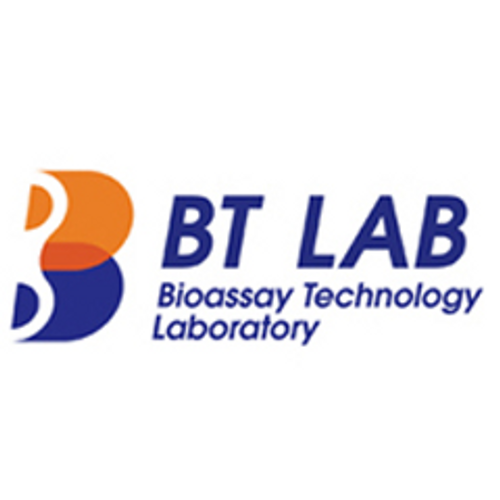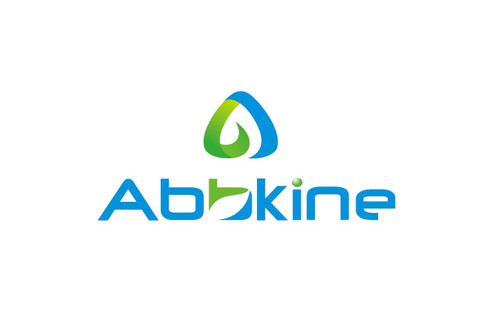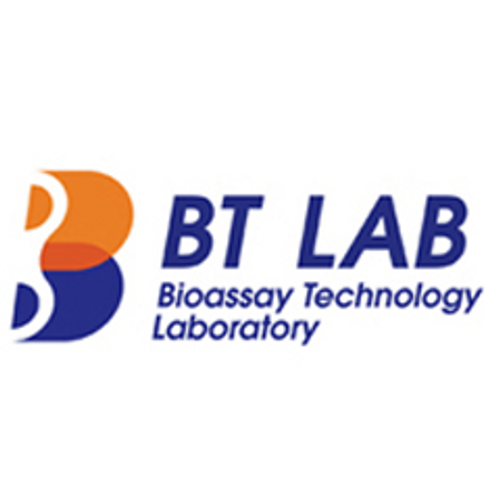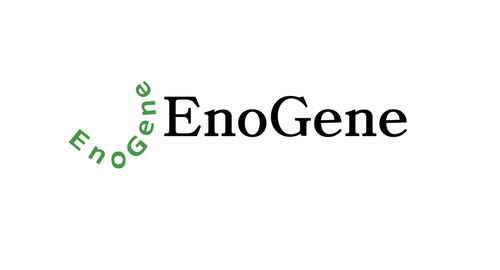Product Description
Human Corticosterone (CORT) ELISA Kit | AE59032HU | Abebio
Species Reactivity: Human (Homo sapiens)
Abbreviation: CORT
Alternative Name: N/A
Application: ELISA
Range: 1.23-100 ng/mL
Sensitivity: 0.51 ng/mL
Intra-Assay: ≤5.8%
Inter-Assay: ≤8.9%
Recovery: 1, 05
Sample Type: Serum, Plasma, Other biological fluids
Detection Method: Sandwich
Analysis Method : Quantitive
Test Principale: This assay employs a two-site sandwich ELISA to quantitate CORT in samples. An antibody specific for CORT has been pre-coated onto a microplate. Standards and samples are pipetted into the wells and anyCORT present is bound by the immobilized antibody. After removing any unbound substances, a biotin-conjugated antibody specific for CORT is added to the wells. After washing, Streptavidin conjugated Horseradish Peroxidase (HRP) is added to the wells. Following a wash to remove any unbound avidin-enzyme reagent, a substrate solution is added to the wells and color develops in proportion to the amount of CORT bound in the initial step. The color development is stopped and the intensity of the color is measured.
Product Overview: Corticosterone is a glucocorticoid produced by the adrenal cortex in response to ACTH (adrenocoridotropic hormone), and is the precursor to aldosterone. The production of glucorcorticoids is increased by stress; therefore, corticosterone can be used as a biomarker of stress. Biologists often measure corticosterone in fecal material of the species they are studying. This non-invasive sample collection procedure has the advantage of not itself causing stress, and thereby increasing corticosterone levels, a common problem where samples for measurement of corticosterone are collected by more invasive means. Plasma corticosterone levels have a circadian variation, and may be important in the regulation of the sleep-wake cycle.Corticosterone (CORT) is a 21 carbon steroid hormone of the corticosteroid type produced in the cortex of the adrenal glands.
Stability: The stability of ELISA kit is determined by the loss rate of activity. The loss rate of this kit is less than 5% within the expiration date under appropriate storage condition. The loss rate was determined by accelerated thermal degradation test. Keep the kit at 37°C for 4 and 7 days, and compare O.D.values of the kit kept at 37°C with that of at recommended temperature. (referring from China Biological Products Standard, which was calculated by the Arrhenius equation. For ELISA kit, 4 days storage at 37°C can be considered as 6 months at 2 - 8°C, which means 7 days at 37°C equaling 12 months at 2 - 8°C) .
 Euro
Euro
 USD
USD
 British Pound
British Pound
 NULL
NULL












